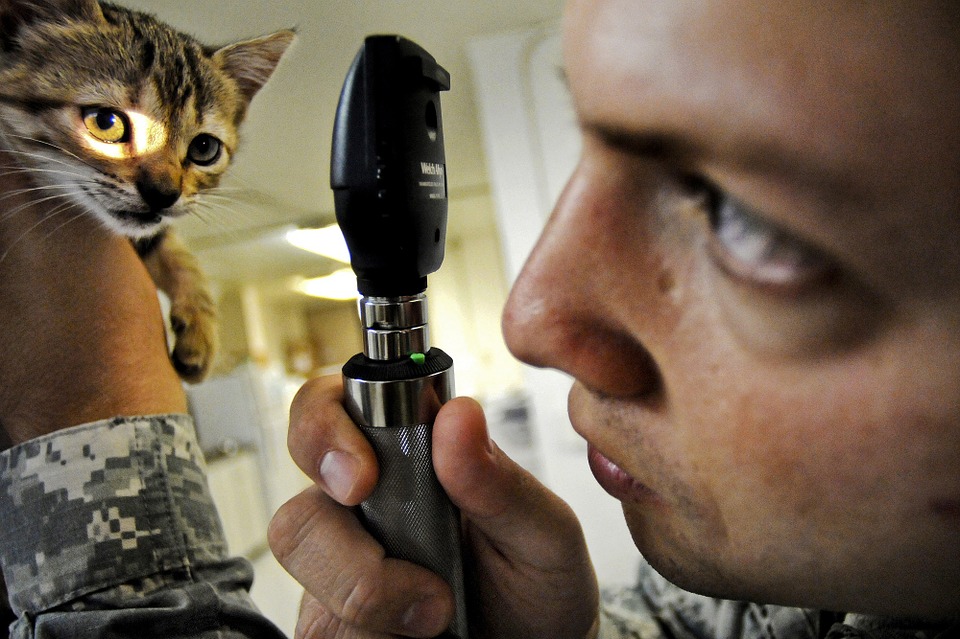Veterinarian
Veterinarian
VeterinarianGriselda Hanstein-Kloppers
Veterinary surgeons diagnose and treat sickness and injury in animals. Surgery on animals and the inoculation of animals against infectious diseases are also part of their work. The type of work performed by vets depends on the area in which they are specialized. State veterinarians are employed to prevent and control animal diseases that threaten the livestock herds of the country, for example, foot-and-mouth disease. They are also involved in agricultural education and community development.
To be a vet, one has to be a well-balanced person. As the saying goes all work and no play makes Jack a dull boy, this also applies to veterinary science. She further says it is a very stressful job because a vet has to know how to treat all types of animals differently.
Dr Griselda Hanstein-Kloppers is a vet at Stepping Stones Animal Clinic in Windhoek and her day starts with devotion, to help them with the cases of the day.
When they get animals booked in for theatre, ready for their operations by weighing them, giving them a clinical examination, giving antibiotics and pain medication prior to surgery. The in-patients (that are admitted into the hospital) are also checked for their vital signs for example temperatures, pulses, respiratory rates and their medication are administered for the day. Those with drips are checked that the drip-lines are still in the vein as animals move around a lot and drips come out and run under the skin instead of in the vein, quite easily.
When animals are ready for their operations, the vet’s responsibility is to ensure that the animal has a safe anaesthetic and that the operation is done as aseptically as possible, meaning that the skin has to be shaved and scrubbed with special surgical disinfectant to make sure that no infections can be picked up during surgery. Vets have to study for 6 years at a university and get a Bachelor’s degree in Veterinary Science.





Comments
My Zone
No comments have been left on this article